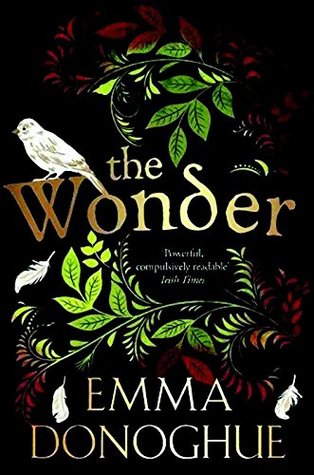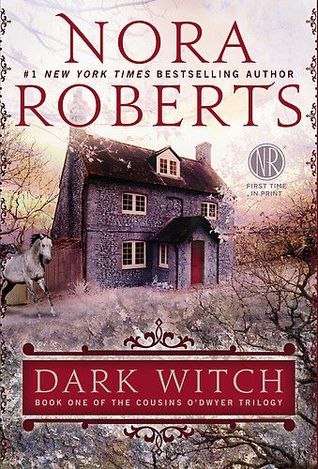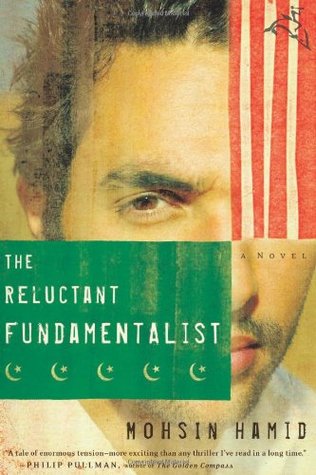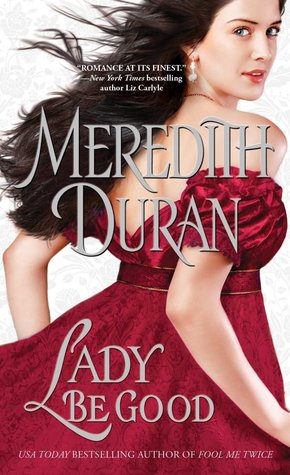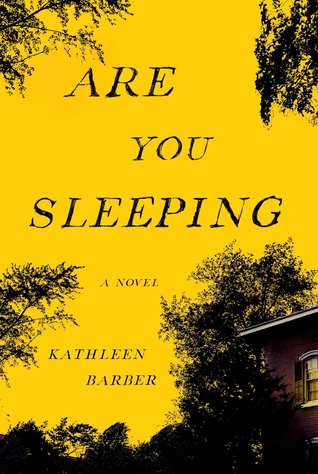
Since there is no novel way I can think of to explain what this book is all about, the synopsis is as follows:
“Josie Buhrman has spent the last ten years trying to escape her family’s reputation and with good reason. After her father’s murder thirteen years prior, her mother ran away to join a cult and her twin sister Lanie, once Josie’s closest friend and confidant, betrayed her in an unimaginable way. Now, Josie has finally put down roots in New York, settling into domestic life with her partner Caleb, and that’s where she intends to stay. The only problem is that she has lied to Caleb about every detail of her past—starting with her last name.
When investigative reporter Poppy Parnell sets off a media firestorm with a mega-hit podcast that reopens the long-closed case of Josie’s father’s murder, Josie’s world begins to unravel. Meanwhile, the unexpected death of Josie’s long-absent mother forces her to return to her Midwestern hometown where she must confront the demons from her past—and the lies on which she has staked her future.“
I was faced with a dilemma when I decided to write about Kathleen Barber’s debut thriller novel, Are You Sleeping. However, I don’t know how to write about it without giving any spoilers. At times, I’m not even sure if this is an actual quandary or some sort of mistake on the part of Ms Barber. If it’s the former, the issue could have been framed in a much better way. If it’s the latter, she really needs to get a better editor.
But then, when it comes to framing plot points, this novel is an extremely subpar example. I get why Josie decided to sever ties with her family. But when she gets the call about her mother’s death from her cousin, their easy bond and love for each other belie the hostility Josie says she feels about everyone back home. If she has been so cut off from her family, why isn’t there more tension when she decides to go back home?
The idea of a podcast based on a previously solved murder is timely, given the popularity of Serial and its ilk, and the idea of a novel about a podcast based on a previously solved murder sounds like publishing gold. The usage of this format at the beginning of some chapters was helpful in contextualizing the plot from the POV of someone who wasn’t the protagonist. The character of podcast host, Poppy Parnell, was extremely under-developed, reverting to the stereotype of a pushy journalist who has no respect for privacy and just shows up at random moments shoving microphones and cameras in the Buhrman family’s faces asking them “how they feel.”
Another major plot point in the story is the relationship Josie has with her twin sister, Lanie. Again, I’m not sure what I can say about this without giving out spoilers. Their characterization, along with that of the rest of the Buhrman family, felt very one-dimensional. Everybody has “explosive” secrets from everybody else at some point, yet no groundwork is laid to justify the actions of said characters.
What the characters lack in depth the book makes up for in pace. Ms Barber cuts in and out of past and present with admirable precision. Transcribed episodes of the “Reconsidered” podcast, along with Twitter and Reddit commentary from listeners, demonstrate how easily we can all get involved with (interfere with?) the lives of others today. For example, at the funeral-home viewing for Josie’s mother, acquaintances tweet out observations about the family. No one is safe from prying eyes.
Except for someone who disappears into a cult that prohibits all contact with the outside world (one of the book’s rare funny moments happens when a Life Force Collective member named Sister Amamus agrees to meet Josie at a Dairy Queen and insists that Josie pay for her Blizzard treat before talking). But as Josie’s renewed contact with Lanie runs the gamut of emotions from quiet sweetness to deep chaos, a box arrives from the Collective containing their mother’s effects, mostly beads and clothing and a few books. It will wind up being a Pandora’s Box for sure, but how and for whom?
All will be revealed — or will it? By the time Josie understands her family’s sad and complicated story, there’s more sadness to come. The twins’ mother suffered throughout their childhood from “melancholy”, and not always able to care for them in a consistent manner. Has her unstable mental health been passed on to her daughters? Which brings me back to that dilemma. If it’s deliberate, it’s one of the most subtle sleights of hand I’ve seen in a novel of suspense and proves that there are some places inside the human mind even social media can’t reach. But if it’s not, this was just a book with some exciting and intriguing aspects, that did not make complete sense to me in the end.
I was provided with an ARC through Netgalley in exchange for an honest review.
